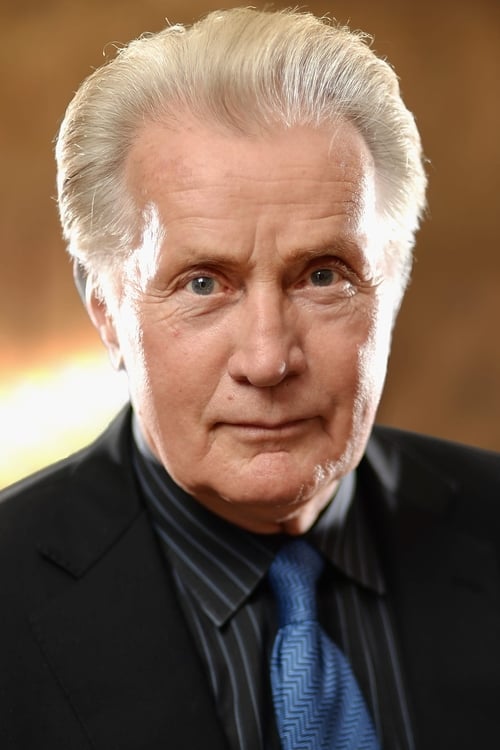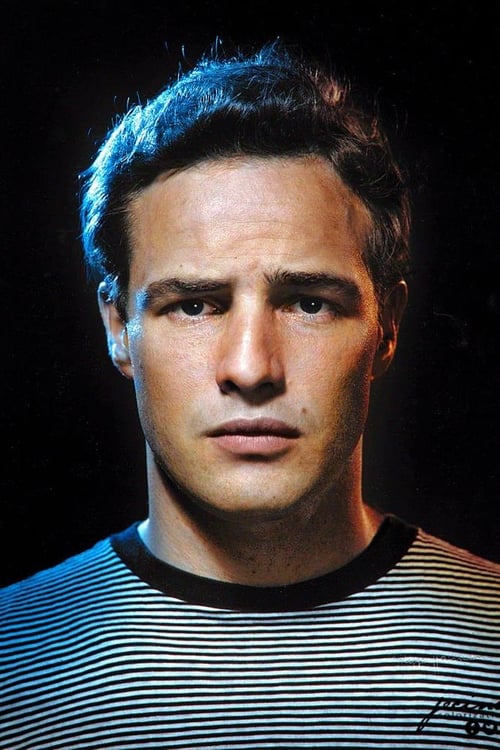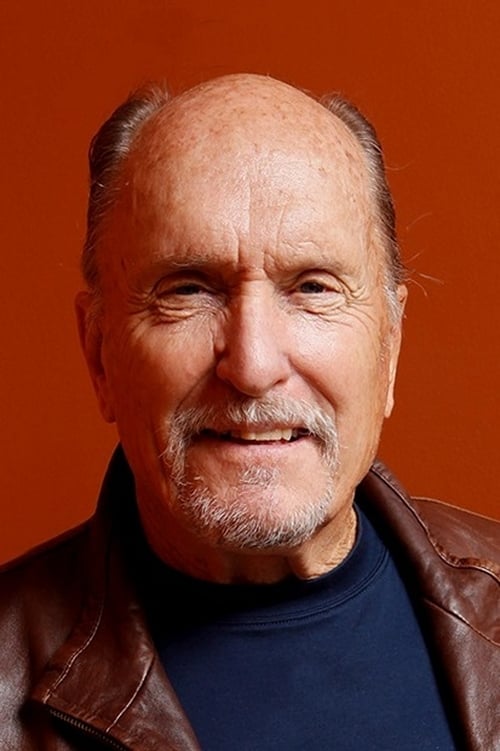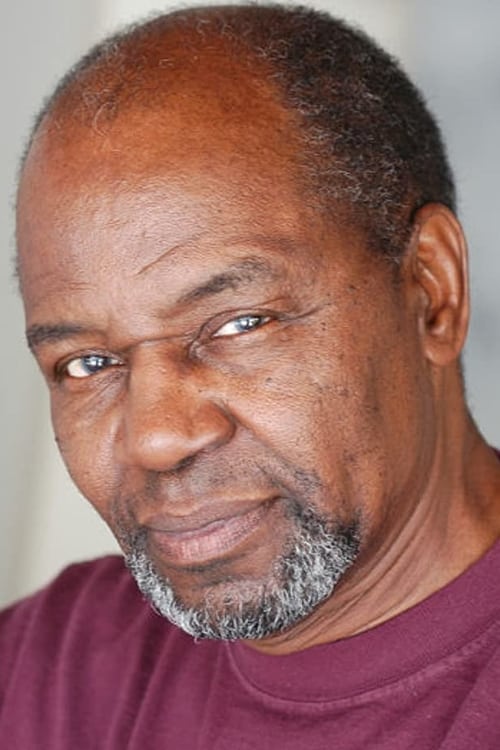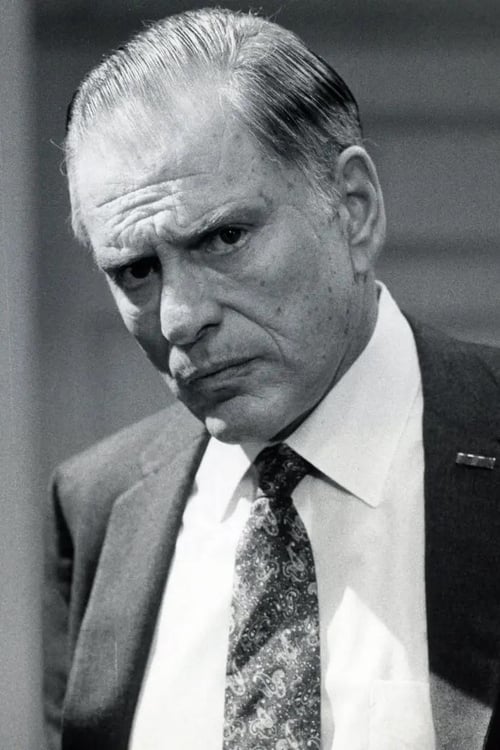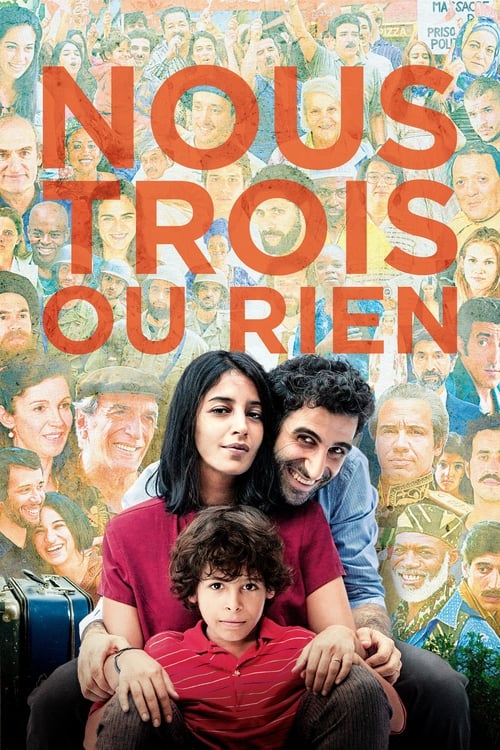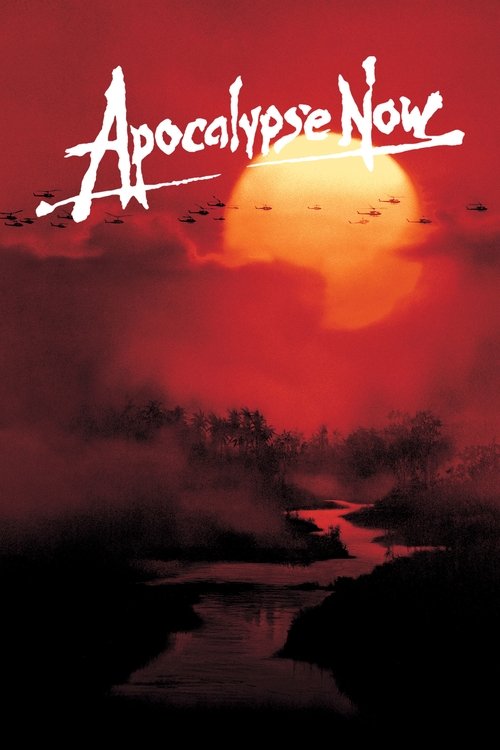
Apocalypse Now
At the height of the Vietnam war, Captain Benjamin Willard is sent on a dangerous mission that, officially, 'does not exist, nor will it ever exist.' His goal is to locate - and eliminate - a mysterious Green Beret Colonel named Walter Kurtz, who has been leading his personal army on illegal guerrilla missions into enemy territory.
Dialogues from Movie Apocalypse Now
Quotes from Movie Apocalypse Now
Sound Tracks from Apocalypse Now by Carmine Coppola
The End
The End by The Doors, Opening scene and throughout the film
Ride of the Valkyries
Ride of the Valkyries by Richard Wagner, Helicopter attack scene
Fortunate Son
Fortunate Son by Creedence Clearwater Revival, A scene reflecting the anti-war sentiment
Satisfaction
Satisfaction by (I Can't Get No) Satisfaction, Used in a dramatic moment in the film
A Piece of the Action
A Piece of the Action by The Rolling Stones, Played during the chaotic scenes
Download App
Memorable Scenes from Movie Apocalypse Now
The Ride of the Valkyries
In this iconic scene, Captain Willard and his team embark on a helicopter assault against a Vietnamese village, using Wagner's 'Ride of the Valkyries' as their soundtrack. The visuals are stunning, with helicopters bursting through the sky, napalm lighting up the landscape, and intense reactions from the soldiers. This moment peaks as they witness the destruction and chaos created, setting a tone that showcases the madness of war.
Context: This scene highlights the insanity of war and how it consumes both the victims and the perpetrators, adding depth to the discussions of morality and humanity within the film.
Charlie Don't Surf
During a meeting at the base, Colonel Kilgore declares, 'Charlie don't surf' while discussing the enemy. This line encapsulates his reckless attitude and lack of respect for the Vietnamese. The humorous yet chilling tone makes it a pivotal moment, highlighting the absurdity of war. Kilgore’s nonchalance is juxtaposed against the grim realities of combat he's orchestrating.
Context: This moment reflects Kilgore's character—obsessed with surfing and war, indicating how he views conflict not as a serious endeavor but as a sport.
The River Journey
As Willard and his crew journey up the river, they encounter breathtaking visuals contrasted with eerie tension. The sounds of nature are interrupted by moments of violence and horror. This builds a sense of foreboding, culminating in their encounter with a boat full of soldiers who have descended into madness, highlighting the psychological toll of the Vietnam War.
Context: This journey serves as a metaphor for Willard's own descent into the moral ambiguity of war as they travel deeper into enemy territory.
Kurtz's Compound
Upon reaching Colonel Kurtz's compound, the atmosphere is thick with tension and fear. Willard's confrontation with Kurtz is filled with powerful dialogue, where Kurtz reveals his philosophy of war and the darkness he has embraced. The visuals of the chaotic compound illustrate the depths of human depravity, marking a turning point in Willard's journey.
Context: This scene forces Willard to confront the very nature of morality in war, as Kurtz embodies both the horror and the allure of power.
The Ending
In a haunting conclusion, Willard takes on the role of executioner at Kurtz's command. The visuals of the dark, foggy jungle paired with Kurtz's powerful monologues create a profound moment that captures the essence of madness and moral collapse. Willard's final act pushes him into the depths of what he feared most — becoming like Kurtz.
Context: This scene symbolizes Willard’s transformation and the ultimate loss of innocence, implicating him in the cycle of violence that defines war.
We’re in the Army Now
This scene features a group of soldiers jokingly singing about their life in the army amidst the chaos of war. The humor contrasts sharply with the horrific backdrop of death and destruction, reflecting how soldiers cope with trauma.
Context: It reveals the coping mechanisms employed by soldiers and highlights the dissonance between their reality and the jovial facade they try to maintain.
The Mission Briefing
Willard receives his orders about eliminating Kurtz. The tension in the room is palpable as he learns about Kurtz's psychological descent into madness. This moment is pivotal as it sets the tone for Willard's moral conflict throughout the rest of the film.
Context: This establishes the thematic groundwork of authority versus personal morality, propelling Willard’s mission into deeper philosophical territory.
The Water Buffalo Scene
In a shocking and brutal moment, soldiers are seen slaughtering a water buffalo as a ritual. This scene is visceral and disturbing, representing humanity’s capacity for violence and the depraved nature of their experiences. The surreal nature of this act underscores the madness of war.
Context: It serves as an allegory for the dehumanization that soldiers face, emphasizing the film's critique of the brutality both inherent in and inflicted by war.
The Air Cavalry Assault
The assault is marked by aerial attacks, explosions, and the haunting soundtrack of 'Ride of the Valkyries,' capturing the frenzy of battle. Soldiers cheer, embodying both exhilaration and fear, as the scene culminates in an assault on a Vietnamese village. This scene exemplifies the chaotic ballet of war.
Context: This reflects the militaristic obsession with spectacle in warfare and the impact of propaganda, contrasting glorified war with its brutal reality.
The Hindu Kush Reference
A brief dialogue exchange reveals a philosophical debate about the morality of slaughtering innocents, symbolizing the internal struggles faced by the characters. It culminates in a realization that their roles have blurred into darkness. These moments imbue weight to the film's commentary on the nature of war.
Context: This dialogue encapsulates the ethical complexities that the characters grapple with, giving the audience insight into the psychological decay of war.
Celebration after the Attack
After a successful helicopter assault, soldiers celebrate amidst the backdrop of devastation. The juxtaposition of joy and horror fuels the film's exploration of the duality of war. As laughter echoes, the viewer is reminded of the loss surrounding them.
Context: It highlights the dissonance between celebrating victory and the reality of loss, emphasizing the psychological turmoil experienced by soldiers.
The Speeches of Kurtz
Kurtz's chilling and articulate monologues expose the darkness of the human soul. His claim that 'the horror... the horror' reveals his insight into humanity’s capacity for evil, making the scene a pivotal moment in Willard’s journey.
Context: Kurtz becomes a mirror reflecting Willard's darkest fears, showcasing the thematic core of moral ambiguity that permeates the film.
The Night Raid
A nighttime assault creates tension as shadows dance across the jungle. The suspense is built through the unknown, and soldiers feel isolated and vulnerable. This stirring scene evokes a sense of dread, reinforcing the unpredictability of war.
Context: This scene encapsulates the fear and paranoia soldiers experience, a recurrent theme in the film that showcases the unpredictable nature of combat.
The Final Confrontation
Willard confronts Kurtz in a battle of ideologies, culminating in a moment filled with despair and clarity. The closing lines reveal a tragic understanding of moral decay. As Willard's actions become irrevocable, the emotional weight hangs heavy.
Context: This confrontation is a collision of ideals, pushing Willard to grapple with his own sanity and morality in an increasingly blurred reality.
The Mahogany Scene
As the crew explores the jungle, they find a scene of indigenous people ritualistically preparing a feast, contrasting their earlier brutality. The cross-cuts between their innocence and the soldiers' violence lay bare the film's critique of colonization and war.
Context: This moment reflects the destructive impact of war on native cultures, underscoring the ethical conflicts raised throughout the narrative.
The Isolation of Willard
As Willard descends further into the jungle, he becomes increasingly isolated from his crew, epitomizing his internal struggle with the mission and his sense of self. This deterioration culminates in a moment where he realizes he is becoming like Kurtz.
Context: Willard's journey mirrors the moral descent inflicted by the war, encapsulating the film's exploration of isolation and madness.
The Unraveling of the Crew
Throughout their journey, tension builds amongst Willard’s crew, culminating in a breakdown as loyalties are tested. Fractured relationships reveal varying responses to the madness of war, highlighting underlying themes of brotherhood and betrayal.
Context: This reveals the psychological effects of war, illustrating how trauma affects the soldiers’ bonds and their ability to rely on one another.
The Legacy of War
In a quiet moment of reflection, characters ponder the meaning of their mission and the costs of war, growing increasingly bewildered by the conflict's purpose. Their discussions build a sense of unease and futility around their mission.
Context: This moment acts as a candid examination of the soldier's psyche during war, laying bare the existential crises many face.
The Ambush
Willard and his crew find themselves in an unexpected ambush from the enemy. The sudden burst of violence shocks both them and the audience, highlighting the unpredictability of combat. This scene defines the chaos and gives a raw depiction of life and death.
Context: This underscores the prelude to impending doom, creating an intense atmosphere that keeps the audience on edge.
The Horror of War
As Willard witnesses the brutal realities of combat, he begins to have visions of Kurtz and his philosophy. The line between fantasy and reality blurs. This transition evokes unease and foreshadows his approaching confrontation with Kurtz.
Context: This foreshadowing adds depth to Willard's character as he grapples with the revelation of what he might become.
Kurtz's Final Revelation
In Kurtz’s last moments, he delivers a powerful monologue filled with pain and wisdom, revealing the darkness he has seen and embraced. The visuals fade into a haunting aura as he reaches out for Willard. This moment encapsulates his tragic end.
Context: This scene embodies the film’s central theme of the corrosive nature of power and the impact of war on human psyche.
Download App


